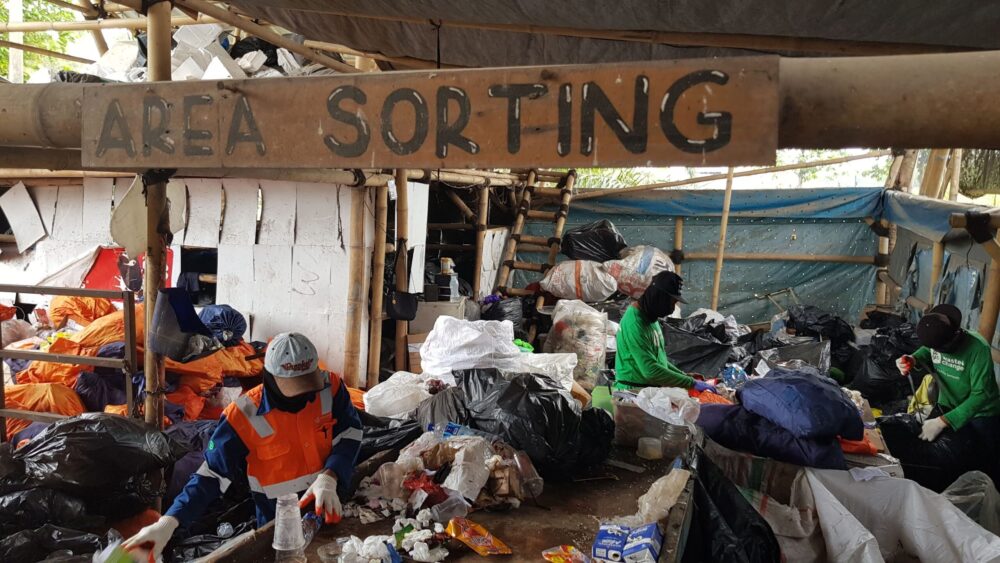"There is no "away" – A study on how to move towards a circular plastics economy", er en artikkelserie skrevet av Vilma Havas i SALT. Vilma har siden 2019 jobbet med et doktorgradsprosjekt der hun studerer den nåværende, lineære plastøkonomien, og hvordan den kan utvikles til å bli mer bærekraftig og sirkulær. I denne artikkelserien gir hun et innblikk i sitt arbeid gjennom å dele noen av sine funn og erfaringer.
– I (Vilma Havas), together with Brita Staal (SALT), Rachel Meidl (Rice University, Baker Institute) and Amy Brooks (University of Georgia) have written a Policy Brief about the complexity of the current plastics economy - and how it should be simplified through the strengthening of regulatory framework, value chain cooperation and design for recycling.
The development of a circular plastics economy is vulnerable to shocks, such as China’s National Sword Policy (NSP) and the COVID-19 pandemic. The current plastics economy is characterized by over-reliance on global trade, little transparency and lack of coordination. As we write in the Policy Brief; “A circular economy is only attainable if the policy frameworks are in place and if economic, geopolitical, and sustainability issues are resolved across the entire lifecycle.”
A shift from a linear to a circular plastics economy is far from straight-forward, but it both attainable and necessary – not to mention urgent. Why?:
111 million MT of plastic waste will end up on landfills or incineration if OECD countries do not prioritize the development of local, closed loops for plastics (as a result of NSP).
An estimated $80-120 billion is lost in the economy annually as a result of the linearity of the plastics economy.
Plastics production will account for 15% of the global carbon budget by 2050 if we do not slow down the use of virgin plastics. Plastic production accounts for 1% of the carbon budget today.
Waste problem is a health problem; poorly managed plastic waste increases the risk of fires, poor soil, water and air quality, and even the spreading of new pandemics
As Asia is closing its doors for plastic waste, new frontiers for these fractions are emerging, some of which are already struggling to handle their own waste or are being controlled by criminal groups.
⠀
We have to make sure that in the process of moving towards “zero waste” goals, we are not just sweeping our waste under the rug; as described in the Policy Brief (which I think is the most important take-away of the paper):
“We are a global economy with finite resources and a carbon budget, and we are beginning to realize that there is no “away” when it comes to “throwing away” waste in general. We can no longer turn a blind eye and assume waste diversion equates to recycling or that exporting waste to countries without the capacity, capability, or technology to responsibly manage it is considered fair trade, especially when environmental and social factors are considered. We must also not assume that the transboundary movement of waste meets domestic “zero waste” goals.“
